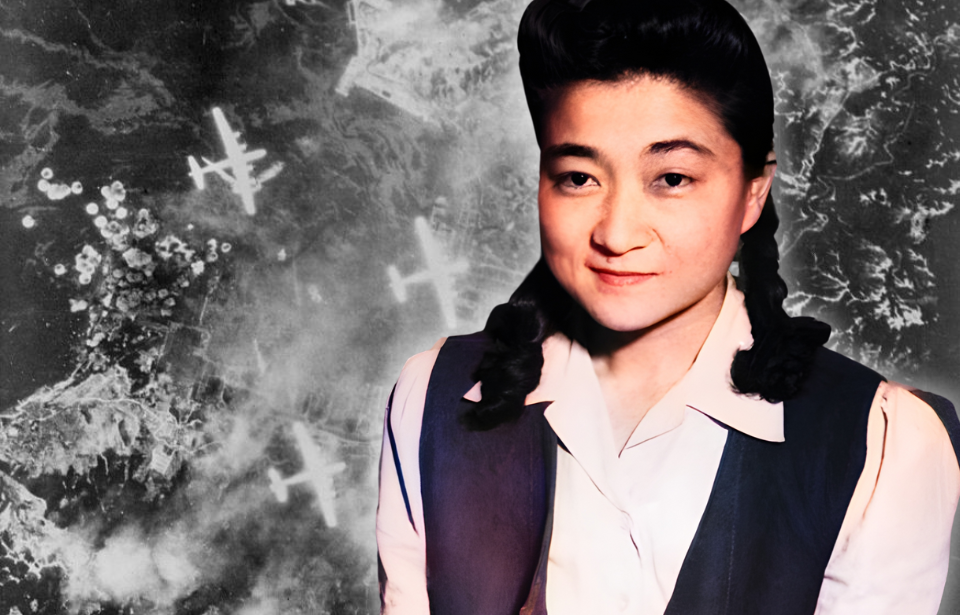Iva D’Aquino’s voyage to Japan
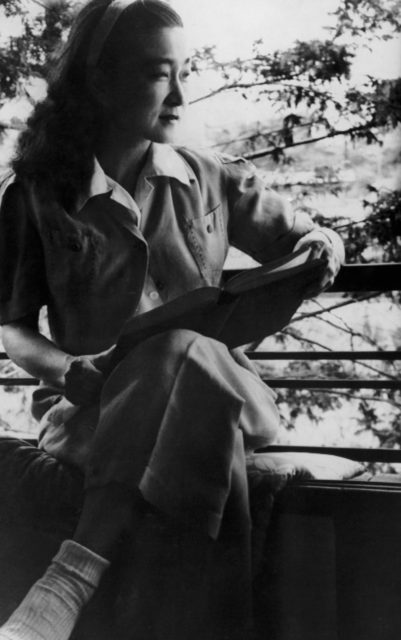
Iva Toguri was born on July 4, 1916, in Los Angeles, California, to Japanese immigrant parents. Her father stressed integration into American society, discouraging involvement in Japanese traditions. Consequently, young Iva was forbidden from speaking Japanese or participating in cultural events, and her meals were a fusion of Asian and Western cuisines.
In 1941, Iva was sent to Japan by her parents to care for her ailing aunt, who suffered from high blood pressure and diabetes. However, obtaining travel documents amidst strained US-Japan relations proved challenging, arousing suspicion towards Japanese-Americans.
Japanese attack on Pearl Harbor
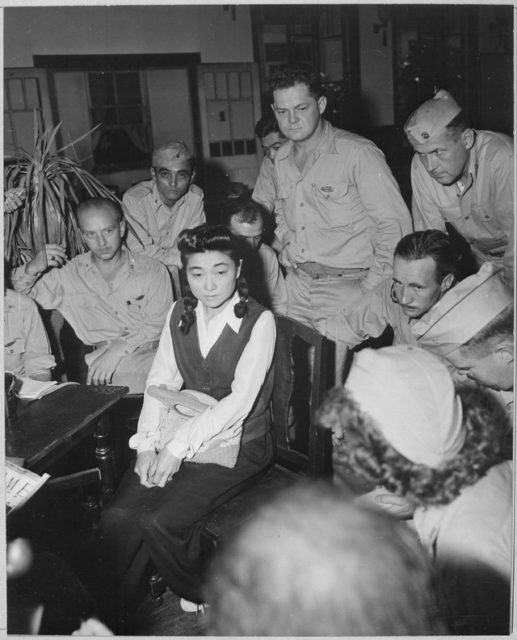
It wasn’t until November of 1941 that Iva made the decision to return to Los Angeles. Unfortunately, a bureaucratic snag resulted in her missing the boat bound for California, scheduled for December 2, 1941. Within days, Japan attacked Pearl Harbor and the US declared war.
Soon after the attack, the Japanese government approached Iva and requested she renounce her American citizenship. Upon her refusal, she was denied a war ration card, labeled an “enemy alien,” and subjected to close surveillance. While she wished to be interned with others deemed “enemy aliens,” she was denied this due to both her gender and Japanese heritage.
With no option to return home, Iva remained in her aunt’s residence until driven out by neighbors who suspected her of being an American spy. Forced to seek new housing, Iva relocated to a boardinghouse in Tokyo.
Iva D’Aquino’s beginnings in Japanese radio
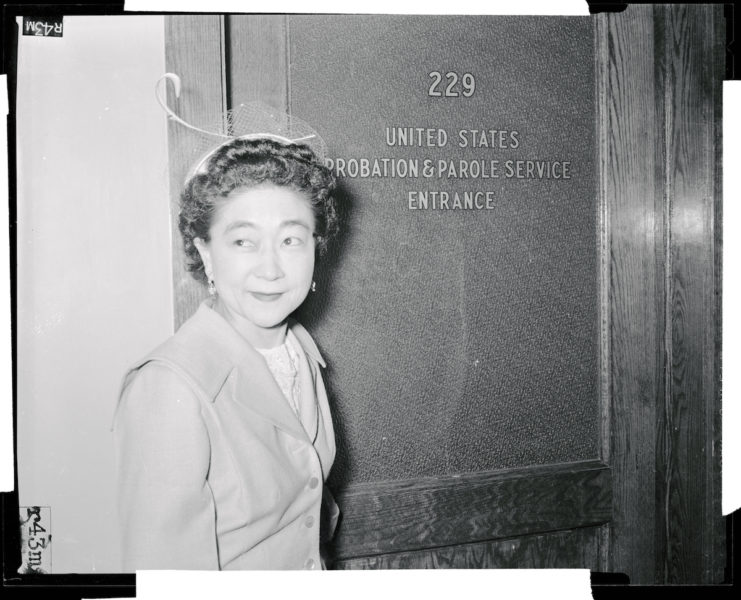
Iva obtained a part-time transcribing job with the country’s national news agency, Dōmei Tsūshinsha. It was there she learned of her family’s relocation to an internment camp in Arizona, a fate many Japanese-Americans living on the West Coast faced. She also met her future husband, Portuguese-Japanese pacifist Felipe D’Aquino, while at the station. An act of generosity on his part would lead her to obtain another job, this time at Radio Tokyo.
While with Radio Tokyo (formally known as Nippon Hoso Kyokai), Iva worked as an English-language typist. It was during this time that she began smuggling food to inmates at a local prisoner of war (POW) camp, with her meeting Australian Capt. Charles Cousens and US Army Capt. Wallace Ince.
Cousens and Ince, along with Philippine Lt. Normando “Norman” Reyes, were approached by Japanese government officials to host a propaganda radio show. Titled The Zero Hour, it aimed to lower the morale of troops stationed in the Pacific by reporting on disasters back in the United States.
Initially written by the Japanese, complaints over poor English grammar and syntax eventually allowed the three to gain full control over the content. Due to the language barrier, they were able to fill their broadcasts with sarcasm and double entendres aimed toward the Japanese, without retribution.
Iva D’Aquino becomes “Orphan Ann”
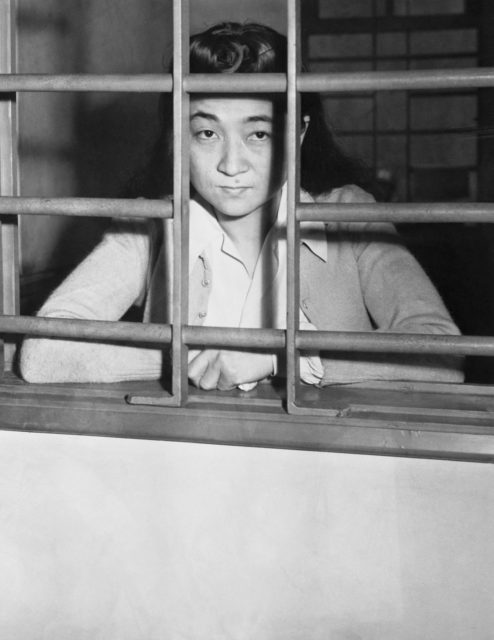
The group swiftly approached Iva, inviting her to join them. She agreed, stipulating that she wouldn’t promote any anti-American sentiments during broadcasts. Soon, she took to the airwaves as “Orphan Ann,” inspired by the Little Orphan Annie comics and a term coined by Australian soldiers for those isolated from allies: “Orphans of the Pacific.”
During The Zero Hour‘s eighteen-month duration, Iva presented comedic sketches, introduced music, but abstained from delivering news segments. She affectionately addressed listeners as “honorable boneheads” and refused to travel down the conventional propagandist path.
Over time, her on-air presence diminished to mere minutes per broadcast, yet her voice carried across the Pacific. Despite the secrecy surrounding her and other female broadcasters, soldiers collectively nicknamed them “Tokyo Rose.” This nickname garnered notoriety and presented significant legal challenges for Iva.
Accusations of treason
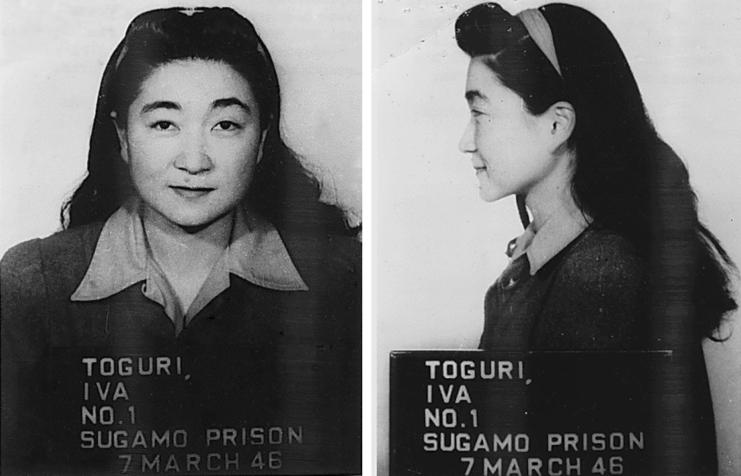
At the end of the Second World War, reporters with Cosmopolitan Magazine and the International News Service put out a $2,000 reward for an interview with the “Tokyo Rose.”
Despite not considering herself “Tokyo Rose,” Iva accepted the offer because she needed money to fund her journey back to the United States. However, upon her arrival in Yokohama on September 5, 1945, she was taken into custody by the US Army, accused of treason for aiding the enemy with her radio broadcasts.
Iva was released a year later after the Army and other counterintelligence agencies found no evidence of treason during her time on Japanese radio. However, post-war America was rife with anti-Japanese sentiment, setting the stage for a difficult return home.
Arrested a second time

Arrested again on September 25, 1948, Iva faced eight charges of treason. Her trial centered on two key pieces of evidence: testimonies from Japanese witnesses who claimed she spoke negatively about the US on-air, and a supposed phrase – “Orphans of the Pacific, you are really orphans now. How will you get home now that your ships are sunk?” – she’s said to have uttered in October 1944.
Although this quote did not appear in the show’s transcripts, it became the deciding factor in her case. Iva was sentenced to 10 years in prison and fined $10,000. Her US citizenship was also revoked. She served six years and two months at the Federal Reformatory for Women in Alderson, West Virginia, before being granted parole.
Presidential pardon
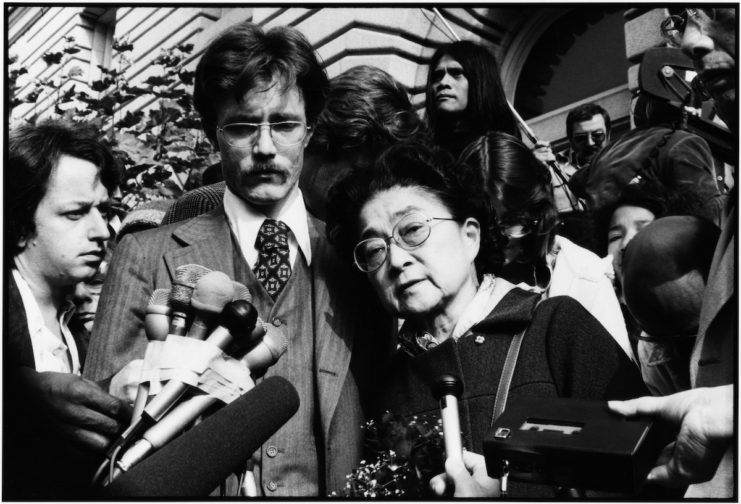
Iva moved to Chicago to work for her father’s business upon her release, but she couldn’t escape the trouble of being known as the “Tokyo Rose.” The federal government issued a deportation order against her, and she was consistently denied a presidential pardon for her conviction.
Things turned around in 1976 after two witnesses from the trial claimed they’d been threatened into testifying against Iva. This led the jury foreman to admit the presiding judge had pressured the jury to come back with a guilty verdict.
Journalists and government agencies investigated Iva’s conviction and found numerous other issues, which led advocacy groups to petition again for a presidential pardon. On the last full day of his presidency in 1977, Gerald Ford granted Iva a presidential pardon, nullifying her conviction. The pardon also restored her US citizenship.
More from us: The Bomber Mafia: Success, But At What Cost?
After being pardoned, Iva continued to live in Chicago. She unfortunately had to divorce her husband in 1980, after he was denied entry into the US. She lived a relatively private life and died of natural causes in September 2006.
